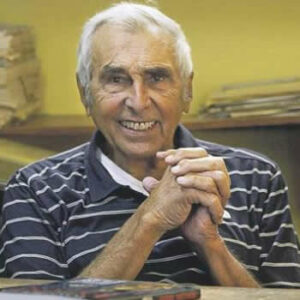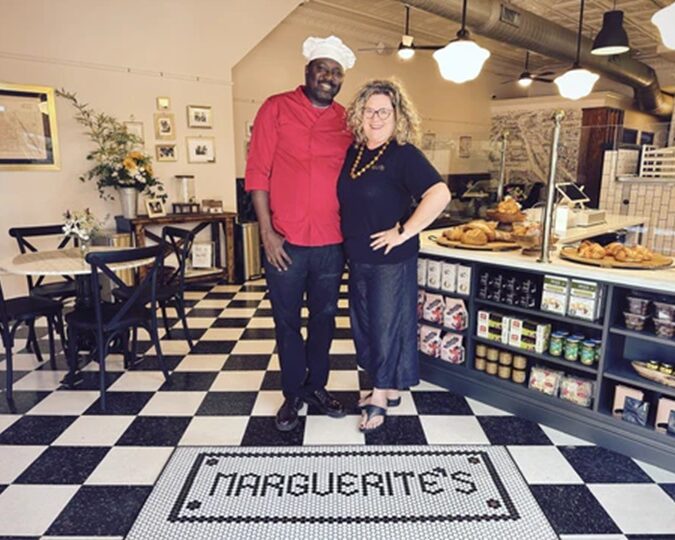BY TONY BOUZA

Tony Bouza
America has always spoken to me. Its powerful culture overwhelmed me on my arrival from Spain on Dec. 22, 1937, at nine and a half years old. I embraced the movies, songs, magazines, comic books, etc.—and unconsciously rejected everything I came from.
And those voices?
What follows is a flawed impression only—no pretense of historicity.
1619: The first slave ship arrives and Southerners live with the “peculiar institution” for 246 years. Even Thomas Jefferson enjoyed its sins.
Breaking with Mad King George III was a wrench—but they did it with heroics from Nathan Hale, Patrick Henry, etc. Washington exhibited courage and an admirable affection for democracy when he rejected a kingship and a third term. Tom Paine was—along with such as Madison, et al.—its voice and scold.
Then came about a century of thefts from Mexico, tolerance of slavery and vigorous capitalist expansion. Martin Luther guided and shaped the actions.
The Civil War was a defining moment and wonderfully symbolized by Abraham Lincoln. America’s luck held.
Mark Twain helped define us. His depiction of racial brotherhood was inspiring. Harriet Beecher Stowe helped.
An insanity deeply embedded in us to this day. It is today reflected in the febrile dreams of the hard right.
Straddling this bloody conflict were two imperialist aberrations—Mexico and Spain, and plunder resulted from both.
And the voices?
Pretty still.
Woodrow Wilson saved England and France and then sowed the seeds of fascism through his maladroit handling of Versailles. Incredibly, he showed “The Birth of a Nation” in the White House.
America’s luck ran out—or, rather, Europe’s did, when Hitler declared war, pursuant to his treaty with Japan.
Sprinkled throughout were the grateful patriotism of Irving Berlin, a refugee; the Ivy elegance of the brilliant poet Cole Porter; the patrician sophistication of FDR; our greatest writer, Herman Melville; songsters Rodgers and Hammerstein; brilliant directors Frank Capra and Stanley Kubrick; Virginia Woolf and Sylvia Plath and the baleful skepticism of H. L. Mencken.
Ochs and Sulzberger gave us The New York Times—bless them. Hearst—yellow journalism—damn him.
The great presidents—Washington, Lincoln and Roosevelt. My Rushmore.
So, it becomes a pantheon of Great Americans.
Let’s include Branch Rickey, Susan B. Anthony and Eleanor Roosevelt. Maybe Richard Wright, Spike Lee and Harry Belafonte?
And let’s not forget the antisemitic screeds of Father Charles Coughlin; the anger of W. E. B. Du Bois; the racism of David Duke and George Wallace; the separatism of Marcus Garvey and Elijah Muhammad; the devotion to brotherhood of A. Philip Randolph, Martin Luther King, Jr., and the later Malcolm X.
I’m haunted by a chorale: the voices of two scorned and victimized peoples and their experience in America. How very different, the fate of Blacks and Jews. One arriving in chains and the other in rags. How very different the outcomes—centuries later. The result seems to flow from sociological, familial, religious, (yes, I hesitate) political economic forces and leadership. Yet, we do not study it.
Why?
























